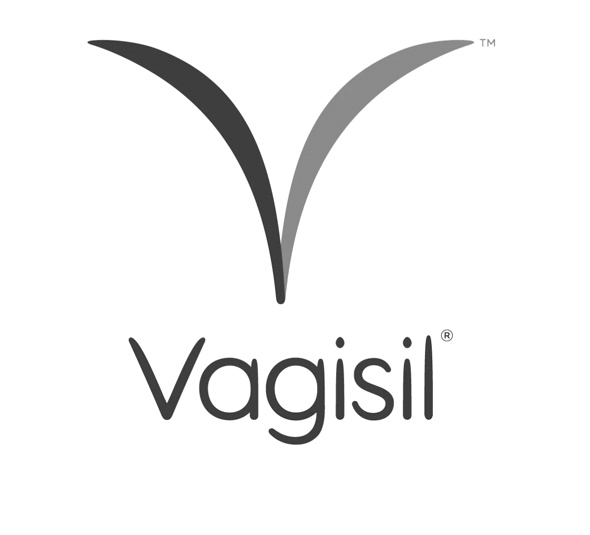
Today (10 December 2021) the English High Court handed down judgment in favour of Combe International LLC (owner of the VAGISIL trade mark) against Dr August Wolff (owner of the VAGISAN trade mark) for trade mark infringement under Section 10(2) TMA 1994. Johnson J’s judgment contains an important development in the defence of statutory acquiescence, and an interesting analysis of some significant evidence of actual confusion.
The Claimant has sold non-prescription female intimate healthcare products under the VAGISIL mark in the UK since 1984. The Defendant has been selling a similar product in England under the similar name VAGISAN since 2013. The Defendant had made limited sales but in 2016 stepped up its marketing efforts, including in 2018 a television campaign featuring the comedian Jenny Éclair.
After a long history of opposition actions in its key territories (USA & Canada, Australia, Singapore), in September 2019 the Claimant was successful in having the EUIPO declare the VAGISAN mark invalid due to likelihood of confusion with the VAGISIL mark. The Defendant appealed to the General Court of the CJEU – in the meantime Brexit happened and a cloned mark remained on the UKIPO register.
Shortly after the EUIPO declared the VAGISAN mark invalid, the Claimant commenced High Court proceedings in January 2020 for trade mark infringement, which have now proved successful on the following grounds:
Likelihood of confusion
Having swiftly decided that the VAGISAN mark was “very, very similar” to the VAGISIL mark, and used in relation to goods with a high degree of similarity, the main two issues for the Court to resolve became (1) whether there is a likelihood of confusion on the part of the average consumer; and (2) whether the Defendant could avail itself of the defence of statutory acquiescence (s.48 TMA 1994) because VAGISAN had been on the market for five years since 2013 without litigation having been formally threatened or brought by the Claimant.
The Court found that there was a risk of (and actual) confusion for the following reasons:
- The average consumer is a woman over 18 who is seeking to treat her condition; who is likely to purchase in-store rather than online; and who typically exhibits a degree of embarrassment and her level of attentiveness is therefore towards the lower end of the attentiveness spectrum.
- The VAGISIL mark was well-known in 2013 and the average consumer would not have been accustomed to seeing VAGI or VAGIS as a signposting device in common usage.
- There is a strong risk of confusion given the similarity of the marks and goods.
- Furthermore, there was ample evidence of actual confusion.
- Whenever VAGISAN was heavily advertised on television, there was a corresponding sales-spike in VAGISIL sales (known as the halo effect).
- In February 2018, the Defendant’s own media auditors suggested that there was brand confusion between VAGISAN and VAGISIL.
- There was a lot of social media commentary on the Jenny Éclair advertisements which referred to VAGISIL instead of VAGISAN – as indeed did Giles and Mary on Gogglebox.
- The Defendant commissioned the brand research agency, Monkey See, to conduct a study into why VAGISAN wasn’t doing as well as in Germany, and Monkey See concluded that one of the reasons was confusion between VAGISAN and VAGISIL.
Acquiescence
The Defendant’s statutory acquiescence defence failed for the following reasons:
- The Claimant applied in 2017 to invalidate the relevant VAGISAN trade mark at the EUIPO. The Defendant argued that this could not be relied upon as an answer to the defence of acquiescence because it was an objection to the fact of registration, not objection to the use of the mark. This is where the High Court has made new law in holding that the initiation of an invalidity action is sufficient to stop the clock running on the five year period under s.48 TMA 1994. The Judge said at para 191: “it seems to me clear that if the owner of an earlier mark seeks to invalidate the registration of a later mark, he cannot be said to be acquiescing in the use of a registered mark, because he is saying that there has been no valid registration.”
- Furthermore, the Claimant also succeeded in overcoming the acquiescence defence on two additional factual grounds.
- First, between 2014-2015, as part of discussions in the context of global trade mark opposition actions (both ways), the Claimant’s German lawyers made clear to Wolff that Combe would not tolerate the use of the VAGISAN mark in the UK.
- In any event, the Defendant had not made five years’ continuous use of the VAGISAN mark in the UK because by mid-2015 their sales were de minimis.
- The Defendant also sought, in the alternative, to rely upon the defence of honest concurrent use but the Court dismissed this on the basis that Wolff had chosen to ignore significant evidence of actual confusion so their use could not be said to be honest.
Stobbs acted for the Claimant/VAGISIL. Lewis Silkin acted for the Defendant/VAGISAN.
Send us your thoughts:
Would you like to read more articles like this?
Building 1000
Cambridge Research Park
CB25 9PD
Fax. 01223 425258
info@iamstobbs.com
Privacy policy
German office legal notice
Cookie Declaration
Complaints Policy
Copyright © 2022 Stobbs IP
Registered Office: Building 1000, Cambridge Research Park, Cambridge, CB25 9PD.
VAT Number 155 4670 01.
Stobbs (IP) Limited and its directors and employees who are registered UK trade mark attorneys are regulated by IPReg www.ipreg.org.uk

